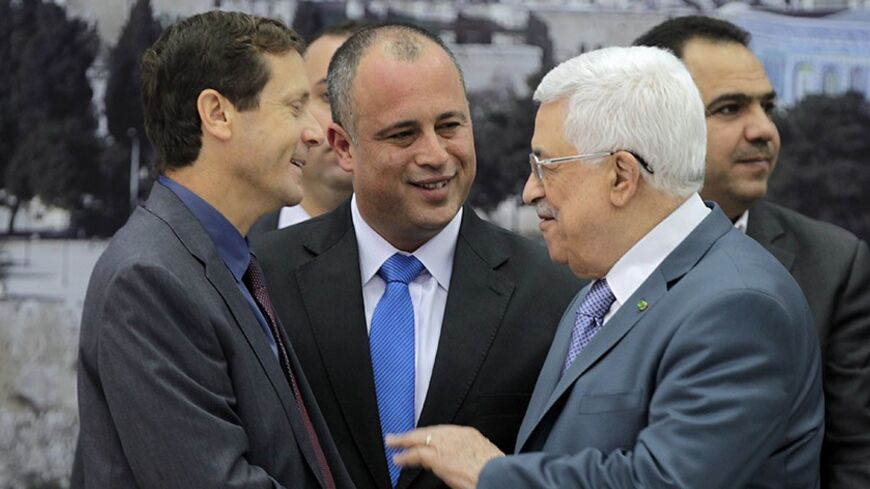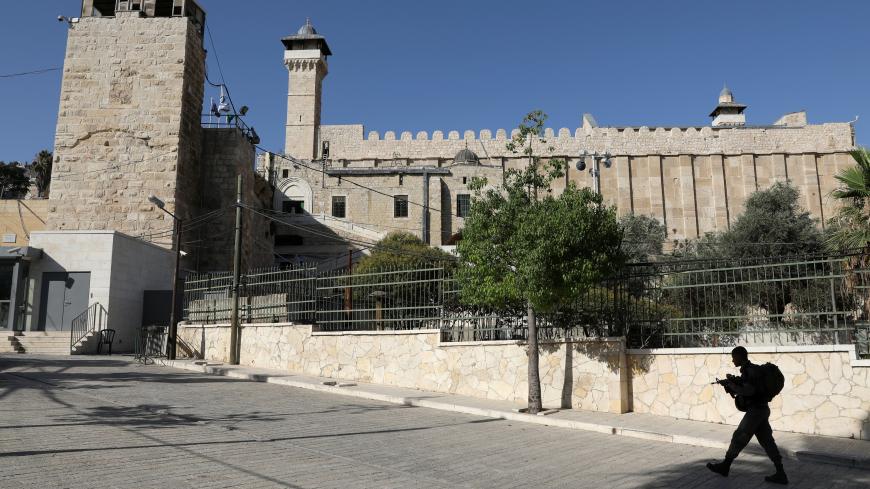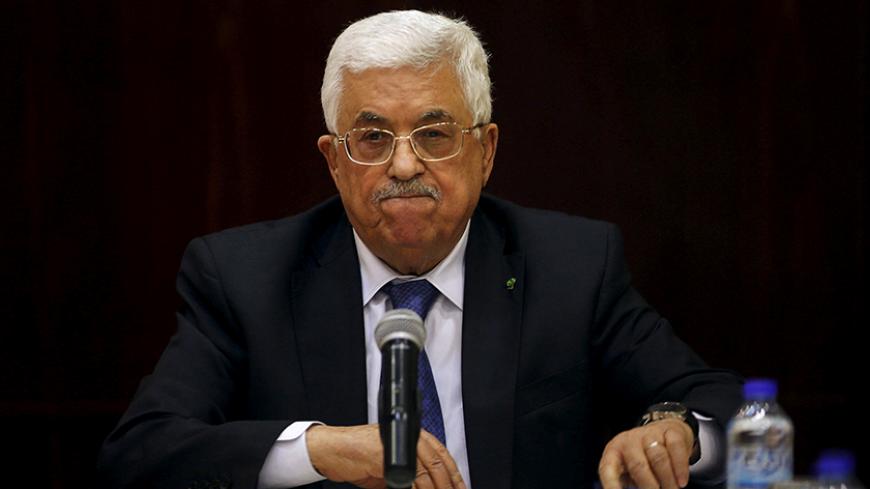![ARAFAT Palestinian President Yasser Arafat attends a meeting in his headquarters in the West Bank city of Ramallah July, 19, 2004. [Palestinian President Yasser Arafat sought on Monday to defuse a leadership crisis triggered by unprecedented unrest in the Gaza Strip over corruption within his government and security forces.] - RTXMS1N](/sites/default/files/styles/article_hero_medium/public/almpics/2014/02/RTXMS1N.jpg/RTXMS1N.jpg?h=f7822858&itok=XkZ5-Htw)
Jewish/Palestinian history without borders
Subscribe for less than $9/month to access this story and all Al-Monitor reporting.
OR
Create an account for a 7-day trial to access this article and all of AL-Monitor.
By entering your email, you agree to receive ALM's daily newsletter and occasional marketing messages.














